Bi or painful obstruction syndromes
Bi syndromes, or painful obstruction syndromes, are frequently encountered clinical syndromes. They result from the obstruction of meridians by the combination of the “three demons” (Wind-Cold-Dampness) according to Traditional Chinese Medicine (TCM). These syndromes correspond to numerous pathologies in Western medicine, such as osteoarthritis, arthritis, and fibromyalgia, among many others.
Let’s explore these Bi syndromes through the story of Koffi.
The morning everything went wrong
Koffi isn’t a hero, a sage, or seriously ill. He’s just an ordinary man. A 36-year-old freelance graphic designer, he lives in a small apartment surrounded by his plants and his cat, Noodle. Two or three times a week, he runs a few kilometers. He’s gotten used to the aches and pains he regularly feels when he wakes up: “I must have slept awkwardly.”
But one morning, as he put his foot on the floor, a sharp pain shot through his hip. Not violent enough to make him scream, but too precise to ignore. He stretches, shakes his leg, but nothing helps. And Koffi thinks to himself: “It’s official. I’m getting old.” But this pain bothers him; he doesn’t understand its cause. He spends the day limping, searching the internet: “right hip pain upon waking for no reason,” exploring forums, but without success.
That evening, a friend told him about a Chinese doctor who had set up practice nearby, in a small, discreet courtyard. Driven to the limit by fatigue, pain, and no doubt a touch of curiosity, Koffi made an appointment.
At Dr. Shen’s
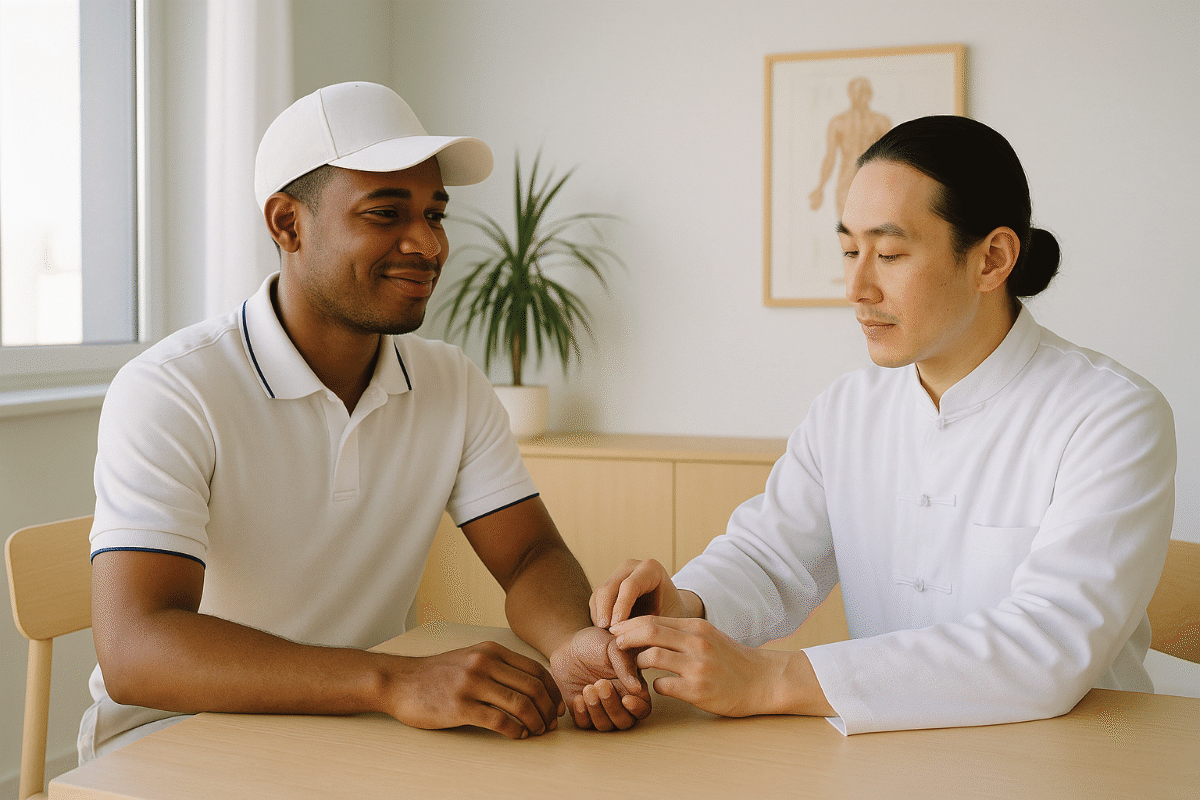
The Chinese doctor is a small, thin man with disconcertingly sharp eyes. His name is Shen. He gestures for Koffi to sit down, then, without a word, takes his wrist and delicately places three fingers on the radial artery. The contact is light, almost imperceptible. Yet Koffi senses something—a kind of intense focus. Dr. Shen closes his eyes.
After a moment, in a calm voice, Shen says, “The Qi isn’t flowing. There’s an invasion of Wind-Dampness.” Koffi, a little embarrassed, coughs, “An invasion… by what exactly? Bacteria? A virus?”
Shen opens his eyes and tilts his head. “No. Perverse energies. External winds. Wind, Cold, Dampness. They’ve entered. Your body has opened the door.” Koffi is a little disconcerted by this explanation, but he feels he can trust this unusual doctor. Shen continues: “You have pain when you wake up, but less when you move?” Koffi nods. “A feeling of heaviness in your leg? The pain moving a little?” Koffi nods again.
Bi syndrome
“Bi Syndrome,” Shen concluded. “A blockage of Qi and Blood in the meridians.” He paused, then said, “We’re going to get it flowing. You’ll see.”
He took out his acupuncture needles and began the treatment. Shen handled them like a calligrapher, with quiet, almost affectionate concentration. He inserted one into Koffi’s leg, just below the knee. Another into the ankle. Then another, near the hip. “You’ll feel like a thread is being pulled taut,” he said calmly. “That’s the Qi. It responds… It comes back.”
Koffi did indeed feel something, a kind of deep tingling. He wanted to know more about this Bi and questioned Shen.
Shen sat up straight: “‘Bi’ means ‘obstruction.’ It’s when something blocks the flow of Qi and Blood. When the body becomes like a city with traffic jams: the streets are there, but nothing moves.” And he explains to him that there are different types of Bi, each with its own personality (see box).
Then he continues: “Those pains we ignore, those little aches and pains that ‘will go away,’ sometimes they’re signs of Bi. And if we let them take hold, they become chronic. They seep in. They eat away at you. And one day, you can no longer lift your arm. Or walk. Or sleep.”
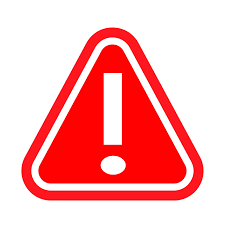
Pain: a signal to be taken seriously
Looking intently into Koffi’s eyes, he said, “It’s not urgent because it’s serious. It’s urgent because it’s minor.” Koffi blinked. “You mean… the more subtle it is, the more attention you need to pay?” Shen smiled for the first time. “Exactly. The body speaks softly at first. Then it cries out. And sometimes it’s silent… but it’s damaging itself.”
Koffi began to understand that Shen’s medicine wasn’t “alternative.” It was an ancient, precise, demanding, yet profoundly human understanding of life.
The treatment finished, Dr. Shen removed the needles and said again, “Pain isn’t the enemy. It’s an alarm bell. It’s your body warning you that there’s an imbalance, that something isn’t circulating properly, or not enough. And that you’ve pushed yourself beyond your limits without listening.” He explains to him that where Qi flows freely, there is no pain. Conversely, where Qi stagnates, pain appears. Pain is Qi knocking at the door because it can no longer pass through.
If this signal is ignored, the pain takes hold, even changing form. And in the long run, if the imbalance persists, illness sets in. ‘Pain,’ Shen concludes, ‘is the body asking for a return to harmony. Don’t silence it. Learn its language. And it will thank you.’”
Leaving the office, Koffi is not “cured.” Not yet.
But he walks differently. Slower. More upright. Like someone who no longer runs from his pain, but listens to it. He is beginning to perceive its hidden meaning.
Key points to remember
According to Traditional Chinese Medicine (TCM), the term Bi means “obstruction.” It refers to a disruption of the harmonious flow of Qi (vital energy) and Blood. This imbalance is often caused by the invasion of external pathogenic factors, called Xie Qi: Wind, Cold, Dampness, and sometimes Heat.
Each type of Bi has specific characteristics:
- Wind Bi: Migratory, variable pain.
- Cold Bi: Fixed, deep pain, aggravated by cold.
- Dampness Bi: Sensations of heaviness, swelling, and numbness.
- Heat Bi: Intense pain, redness, and inflammation.
Here are some situations that can generate Bi:
- Irregular sleep and wake schedules, or overwork, injure Qi and Blood, weaken the meridians, and compromise the body’s defenses. This allows external pathogens to penetrate the body.
- A cold or damp environment, or a profession that exposes one to cold, wind, and dampness, creates conditions conducive to the penetration of Wind-Cold-Damp pathogens into the body.
- Alcohol abuse, or a diet that is too rich or insufficient, injures the Spleen Qi, leading to the internal production of Phlegm and Dampness, which then circulates in the meridians.
- Excessive eating injures Jing and Blood. Yin deficiency leads to an excess of Fire, and the Blood is no longer able to nourish the tendons.
- Stagnation of the Seven Emotions (Anger, Joy, Emotional Shock, Worry, Sadness, Overthinking, and Fear), and Blood stasis in the meridians, are also contributing factors. Bruising or Blood stagnation following external trauma can also occur.


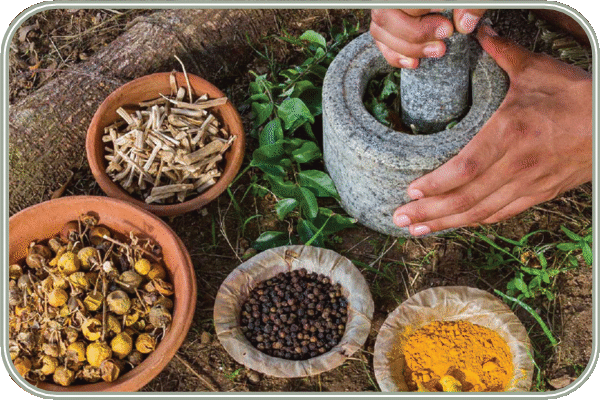

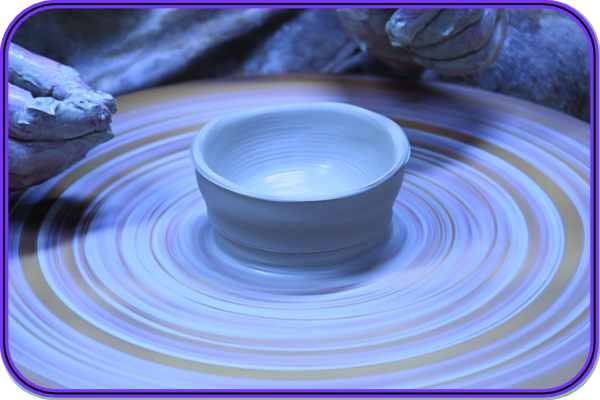

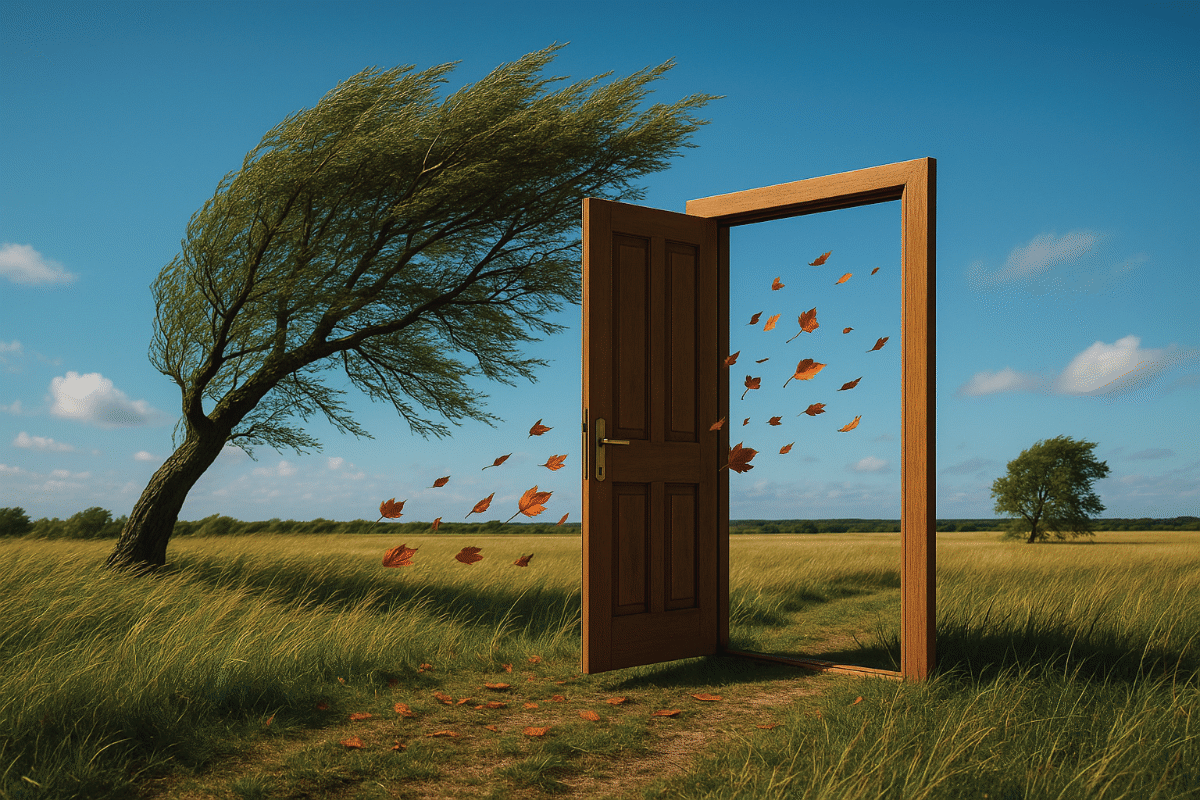
0 Comments